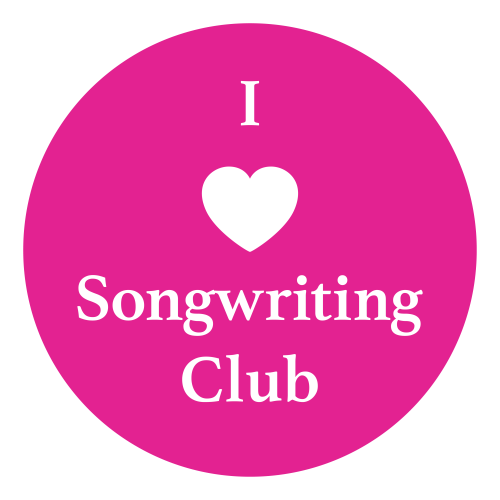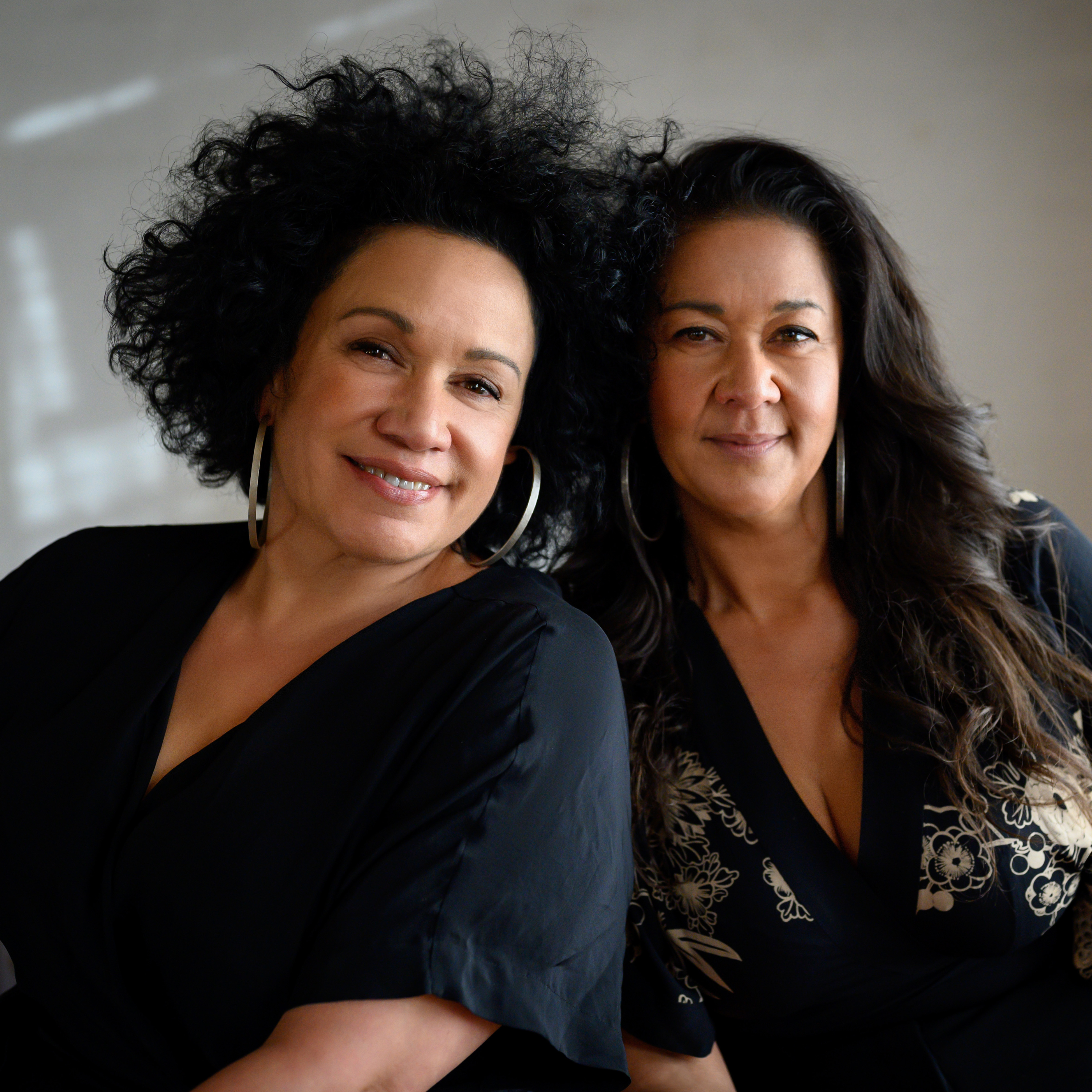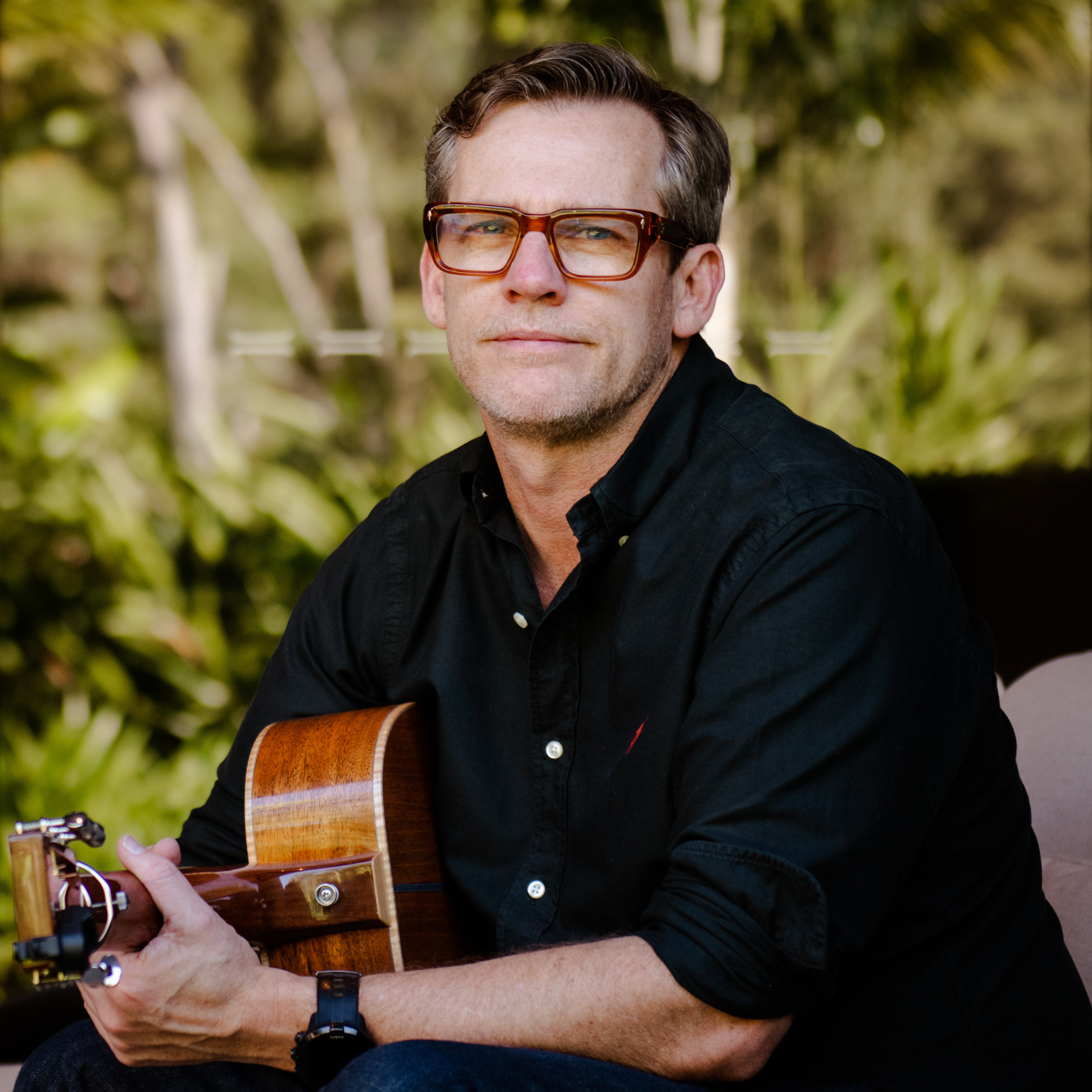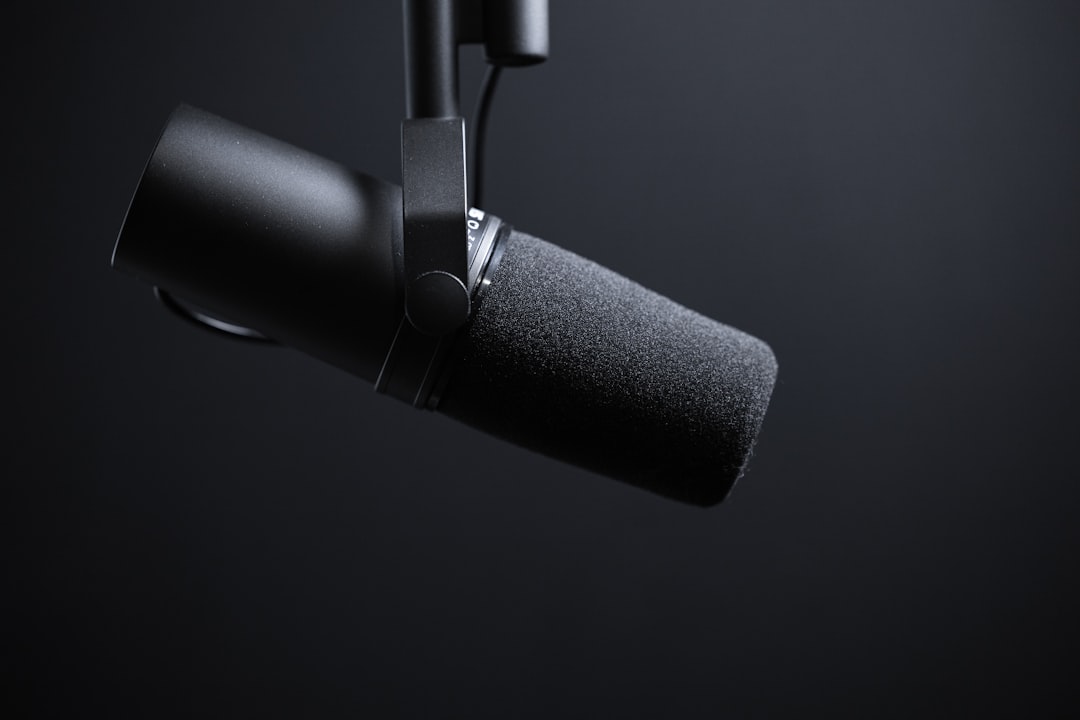What Genre Is My Music? An Insightful Journey from Folk Songwriter to Gospel Artist
Based on the Podcast Episode: “What Genre Is My Music? An Insightful Journey from Folk Songwriter to Gospel Artist with Hannah Acfield” – Episode 18, The Magic of Songwriting with Francesca de Valence
If you feel bound by genre or stuck in your creative styles, liberate your self-expression to realise the music you’ve always wanted to make. Be inspired by the journey from folk songwriter to gospel artist with Hannah Acfield.
From folk songwriter to gospel artist
I used to write folk music with my brother in “The Acfields”. We released 2 albums and a few EPs as a folk band. At the same time, I sang in a gospel choir because I loved the movie “Sister Act”.
In the beginning, I was learning a lot about gospel music, but then I wanted to express myself differently in my songwriting.
I had a belief that I just had to write folk songs; that you’ve got to stick to a genre because that’s best, right? That’s what I was telling myself anyway. It got to a point, where I wanted to try something different musically.
When The Acfields wrote songs, we wrote the melody, lyrics all at once on guitar.
After the Acfields and when I joined I Heart Songwriting Club in 2018, I wrote by myself and used the Club themes as a space to try out new songwriting approaches in new ways. For example, writing a melody over a tragic GarageBand loop and just having some fun. It was an exploration process for me.
The music I’m making now is the music I always wanted to make but I didn’t have the skills to do that. And I’ve had to go through all the other stuff to get to this point. Stylistically it’s way different.
What skills were required to bridge the gap between folk songwriter to gospel artist?
I was always interested and influenced by really good singers – Mariah Carey’s “Fantasy” album, Stevie Wonder, James Taylor, Joni Mitchell. And as a self-taught musician, theory isn’t my strong suit – my ear is my strong suit.
Joining a gospel choir taught me how to use my voice in new ways – how to sing vocal runs over different scales, how to ad-lib and solo.
I watched the Aretha Franklin documentary and learnt so much about her phrasing and how she embodied her voice. There’s a whole freedom to her phrasing that feels like pure self-expression. I learnt to use my voice more fully by watching Aretha and how she used her voice and her body.
When you’re singing gospel, you can’t think about it. You’re so in the moment and you’re so connected to something else, there’s a real rawness about that.
I also bought an electric guitar and this sparked a lot of creativity for me.
Navigating the genre question
It’s difficult because I don’t really know what genre my music is sometimes. Really, it’s whatever comes out comes out. Soul, gospel, pop, indie-folk. It’s so difficult to define your own music.
From an industry point of view, radio, playlisting, and sync programming is often based on genre. But from a listener point of view, just experience the music!
Are my songs good enough? Being honest with yourself in your editing process
In the past I had always settled a bit in my songwriting, saying “that’ll do”, but having a gnawing feeling that it could be better.
When you’re honest with yourself about every line in your song, that’s the place where you can really elevate your songwriting. It’s not that I didn’t want to have great songs. I did; I just didn’t know how to get there.
When I walked the Camino, I found I had to push myself really physically. Just when I thought I couldn’t go any further, I realised that I was way stronger than I thought and I pushed through my barrier and belief about what I could do.
I decided that this time I’m not going to settle in my songwriting. I’m going to keep working on the songs until it’s where I want it.
I was really disciplined about it all and I showed up a 3-6pm every day to work on music for a whole year. Every day I did music and if there was no song that needed editing, I’d go and learn someone else’s song, or practice the guitar, learning new chords, etc.
The editing space requires you to get your hands really dirty. To abandon ideas, use them in different ways. And I’m seeing the reward from that hard work.
In the past, I always knew I was a good singer, but I wanted people to say “I really liked that song”. To be a great songwriter was really important to me. And people are really connecting with these songs now.
The recording process and communicating with session musicians
I made demos of my songs and sent them around to some producers and connected with people who loved the songs. We considered how we were going to make these songs work together and then we created a reference list.
My goal for this album was to show what I could do with my voice and allow my songs to shine. 9 of the 10 songs on the album was written in the Club and chosen from a list of 51 songs.
The musicians on the album all got together in a room and we spent 3 days in the studio. We worked out the arrangements in the studio and then tracked it live, allowing the musician to have input on the arrangements.
Everyone was really clear on what we wanted to achieve, and we had a reference list with some really specific things like, drums sounds that I liked. Sometimes the producer needed to direct in specific ways. The reference list and producer, made it easier to be able communicate with other musicians about groove and rhythm.
Many singer songwriters feel inadequate around communicating with musicians about arrangement and groove. Oftentimes there are no exact words to communicate what we want to communicate, so find a way that works for you.
The Magic of Songwriting
For me, songwriting is a connection to an energy outside of yourself. You’re so in the moment in a realm of self-expression and you allow yourself to give into that. It’s amazing how many songwriters there are in the world, all making different songs. There are only so many notes in a scale and we’re all creating different songs with those same notes.
Timestamps for podcast audio:
3:49 – How the pandemic created some positive circumstances for artists to write and record work
8:00 – A journey from folk songwriter to soul artist
12:27 – How to navigate questions about genre
15:00 – Skill development required to write new genres
21:47 – Integrating new skills into the songwriting process
27:25 – Are my songs good enough?
34:50 – We talk about the recording of Hannah’s album “No Light Without Shade”
48:35 – Hannah shares about writing her song “Searching (For More)”
57:30 – Hannah performs “Searching (For More)” live at IHSC Headquarters
1:00:00 – Can having a beautiful voice mask if a song is any good or not?
About Hannah Acfield:
Described as “a luscious blend of Jeff Buckley, Aretha Franklin and Joni Mitchell”, Melbourne-based singer songwriter Hannah Acfield combines the storytelling of indie folk with soaring, stirring vocals inspired by gospel and soul. The award-winning songwriter has toured extensively throughout Australia and overseas supported artists such as Joan Armatrading, Josh Pyke and Vika and Linda Bull.
Contact Hannah : Website / Facebook / Instagram
Song credit: “Searching (for more)” – Music and Lyrics by Hannah Acfield.
Episode Show Notes:
Get your creativity, confidence, and songwriting output flowing. Join The Club and receive the support and structure to write 10 songs in 10 weeks and get feedback from a private peer community. This is THE essential writing practice that has changed the careers and lives of 1000s of songwriters worldwide.
Just getting started on your songwriting journey and need more hands-on support? Establish a firm foundation and develop your musical and lyric skills with our Beginner Songwriting Courses. They are the perfect place to begin and cover everything you need to know to write your first songs. You’ll receive lessons from Francesca directly!
Don’t struggle to write your next album – write an album a year with ease! Watch our Free Songwriting Masterclass.
Want more for your songwriting but don’t know where to go from here? Take the I Heart Songwriting Club Quiz to discover your next steps and inspire your way to writing better songs.
Get songwriting insights from I Heart Songwriting Club:
Be inspired by Francesca on socials:
Podcast theme song: “Put One Foot In Front Of The Other One” music and lyrics by Francesca de Valence
If you love this episode, please subscribe, leave a review and tell everyone you know about The Magic of Songwriting.




